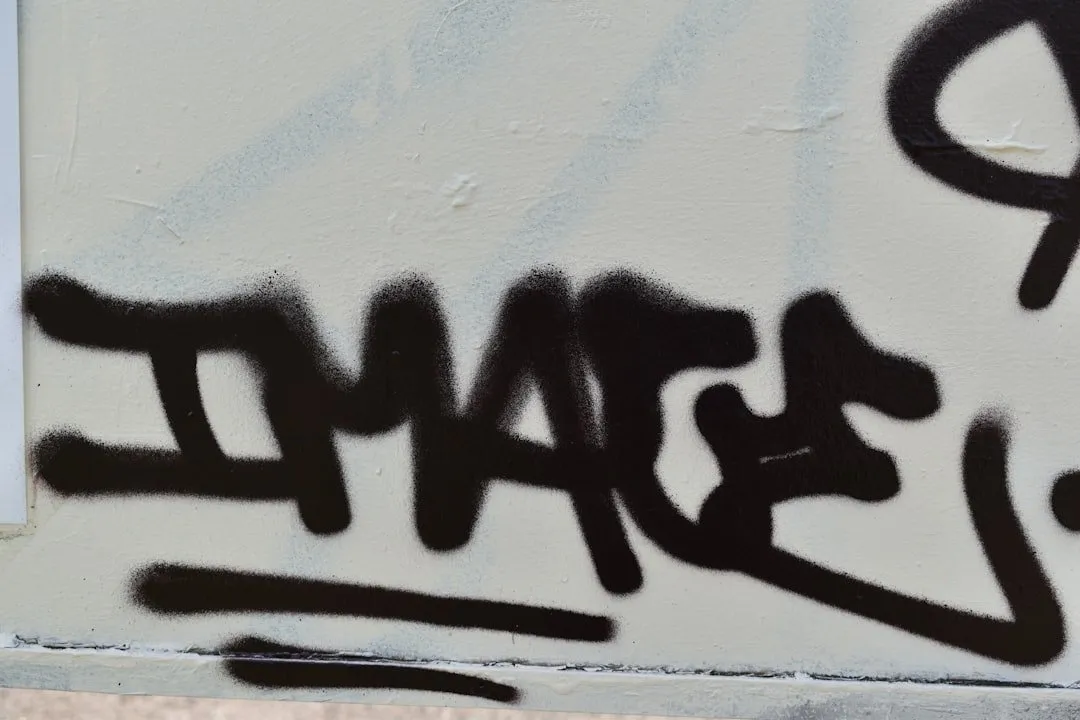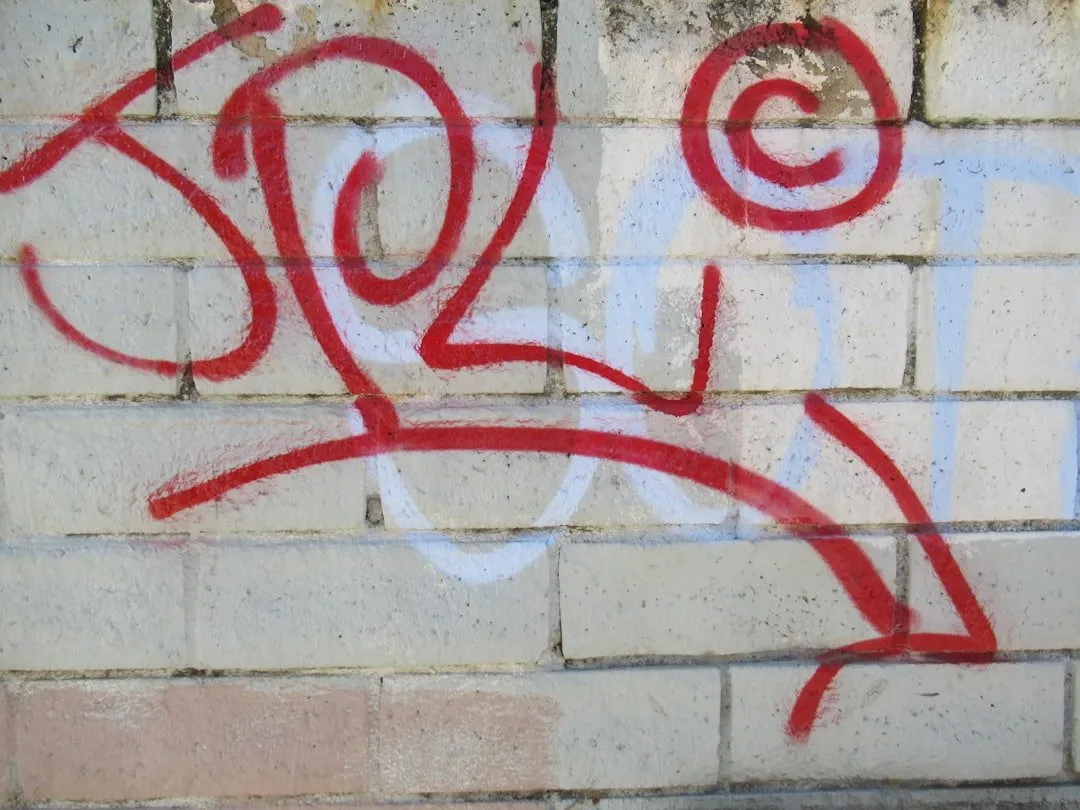Muscle soreness, especially Delayed Onset Muscle Soreness (DOMS), is a common post-workout issue impacting daily life and athletic performance. In Sarasota, Florida, where kratom supplements are banned, chronic muscle pain can significantly affect quality of life. Kratom, derived from Mitragyna speciosa, has gained attention as a natural pain reliever but faces bans due to safety concerns, including potential addiction and lack of regulation. Sarasota's ban on kratom reflects these worries, prioritizing public health over alternative remedies.
Experience muscle soreness relief with kratom supplements—a natural alternative gaining traction. This guide explores effective strategies for managing post-exercise discomfort, delving into the science behind kratom’s pain-relieving properties. We also shed light on the controversy surrounding its ban in Sarasota, addressing concerns and misconceptions. Discover why kratom is a game-changer for many seeking natural muscle soreness relief, despite local restrictions.
- Understanding Muscle Soreness and Its Impact
- Exploring Kratom: A Natural Relief Option
- Why is Kratom Banned in Sarasota? Unraveling the Controversy
Understanding Muscle Soreness and Its Impact

Muscle soreness, often referred to as Delayed Onset Muscle Soreness (DOMS), is a common issue experienced by individuals after intense physical activity or exercise. It’s characterized by a painful and tender feeling in the affected muscles, typically peaking 24-48 hours post-workout and lasting up to a week. This response is a natural inflammatory process initiated by micro-tears in muscle fibers during strenuous exercise. While minor, it can significantly impact mobility, daily activities, and overall quality of life for those who experience chronic or severe DOMS.
The impact of prolonged or intense muscle soreness can be substantial, leading to reduced performance, increased risk of injury, and decreased motivation to engage in physical activity. In some regions, like Sarasota, Florida, where kratom supplements are banned due to controversial reasons related to why is kratom banned in sarasota, individuals seeking relief from DOMS have limited options. This highlights the need for safe and effective strategies to manage muscle soreness, promoting a healthier relationship with exercise and an active lifestyle.
Exploring Kratom: A Natural Relief Option

Kratom, derived from the dried leaves of the Mitragyna speciosa plant, has gained attention as a potential natural remedy for muscle soreness and pain relief. This herb has been used for centuries in Southeast Asia, where it holds cultural significance. In recent years, its popularity has grown globally, offering an alternative to over-the-counter painkillers. Kratom’s active compounds interact with opioid receptors in the brain, providing analgesic effects, which makes it a compelling option for those seeking natural relief from chronic muscle soreness.
Despite its benefits, there are regulatory challenges surrounding kratom, including why it is banned in certain areas like Sarasota, Florida. This prohibition often sparks debates about public health and safety. Proponents argue that kratom’s low potential for addiction and abuse compared to prescription opioids should be considered. As with any supplement, responsible use and understanding the legal framework are crucial when exploring kratom as a muscle soreness relief strategy.
Why is Kratom Banned in Sarasota? Unraveling the Controversy

Kratom, a natural herb with pain-relieving and anti-inflammatory properties, has been a subject of controversy, particularly in Sarasota, where it remains banned. The ban on kratom in this city is largely due to concerns over its potential for misuse and adverse effects. Proponents of the ban argue that kratom can lead to addiction and overdose, especially when used improperly. This concern is not unfounded, as there have been reported cases of individuals developing severe dependencies on kratom, leading to withdrawal symptoms upon cessation.
Moreover, the lack of regulation surrounding kratom supplements adds to the controversy. Without standardized dosages or quality control measures, it becomes challenging for consumers to ensure they are using kratom safely. This uncertainty has prompted health authorities in Sarasota to err on the side of caution, resulting in the ban to protect public health and prevent potential harm associated with kratom use.
Kratom has emerged as a potential natural solution for muscle soreness relief, offering an alternative to traditional pain management methods. However, the controversy surrounding its ban in Sarasota highlights the need for further research and understanding of this plant’s effects. By exploring safe usage and considering why kratom is banned in certain areas like Sarasota, individuals can make informed decisions about managing their muscle soreness. It’s crucial to stay informed about legalities and scientific insights as we navigate natural remedies in today’s healthcare landscape.














